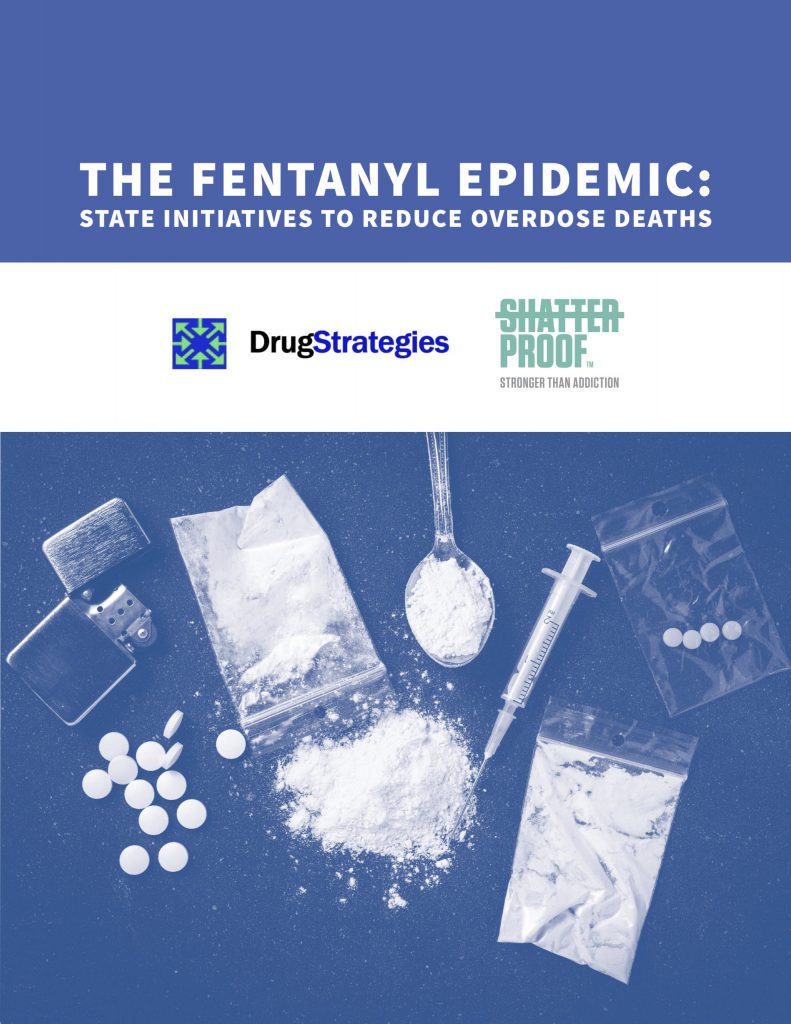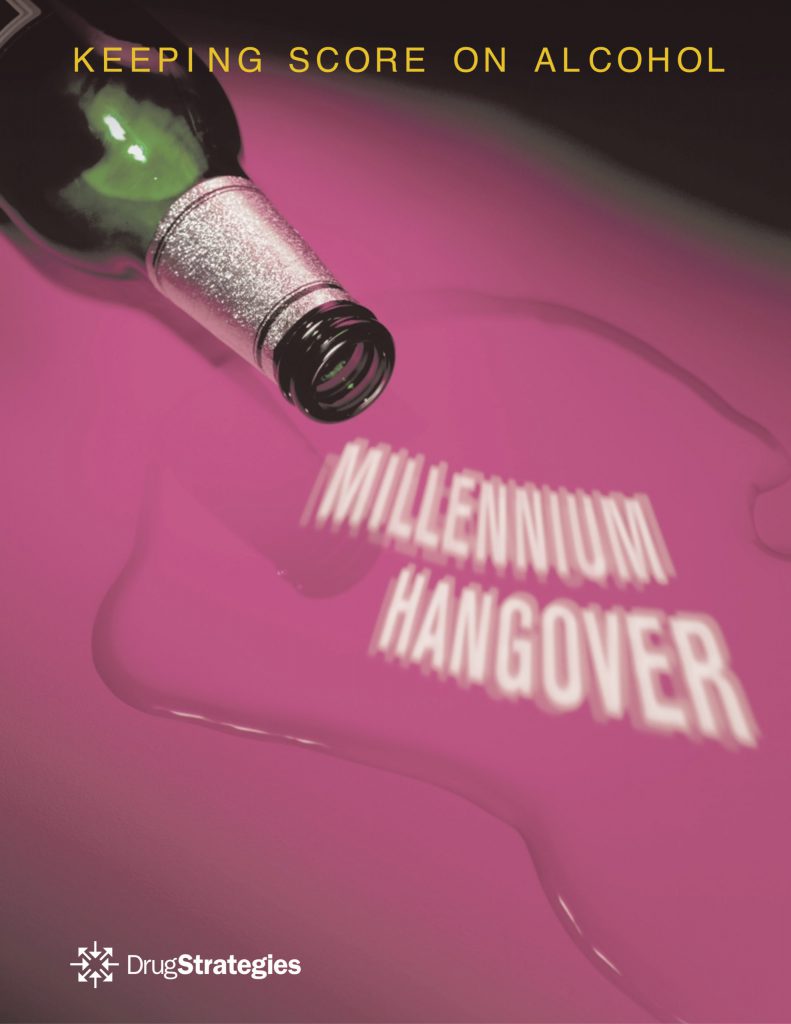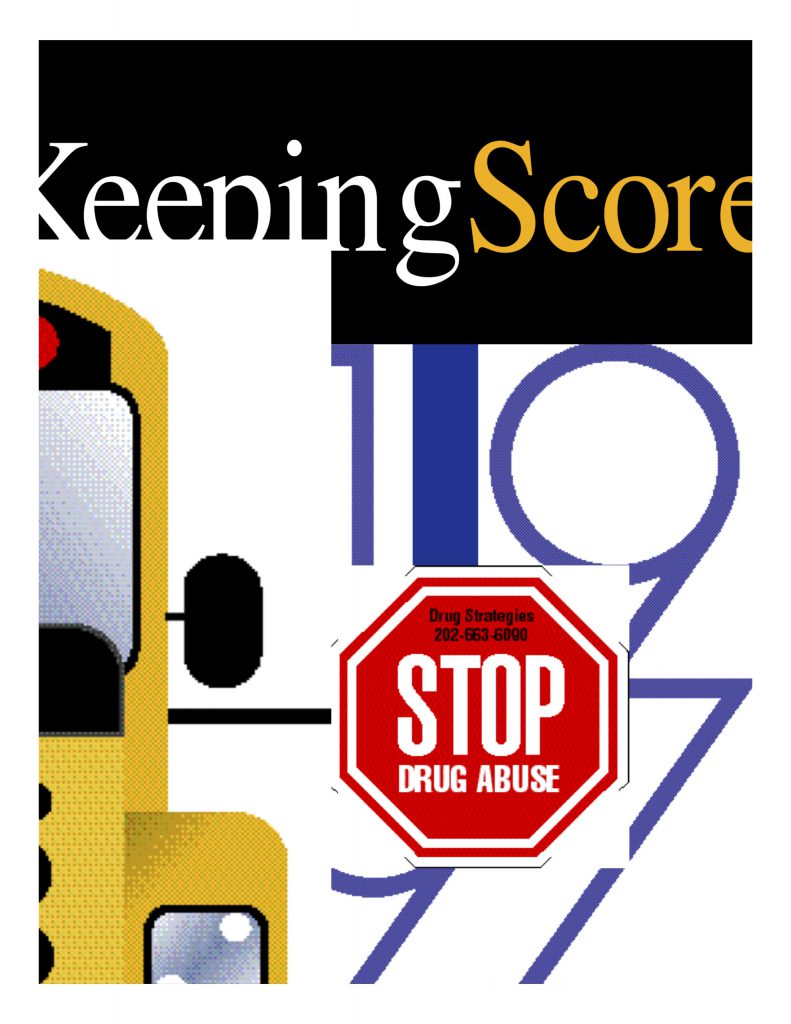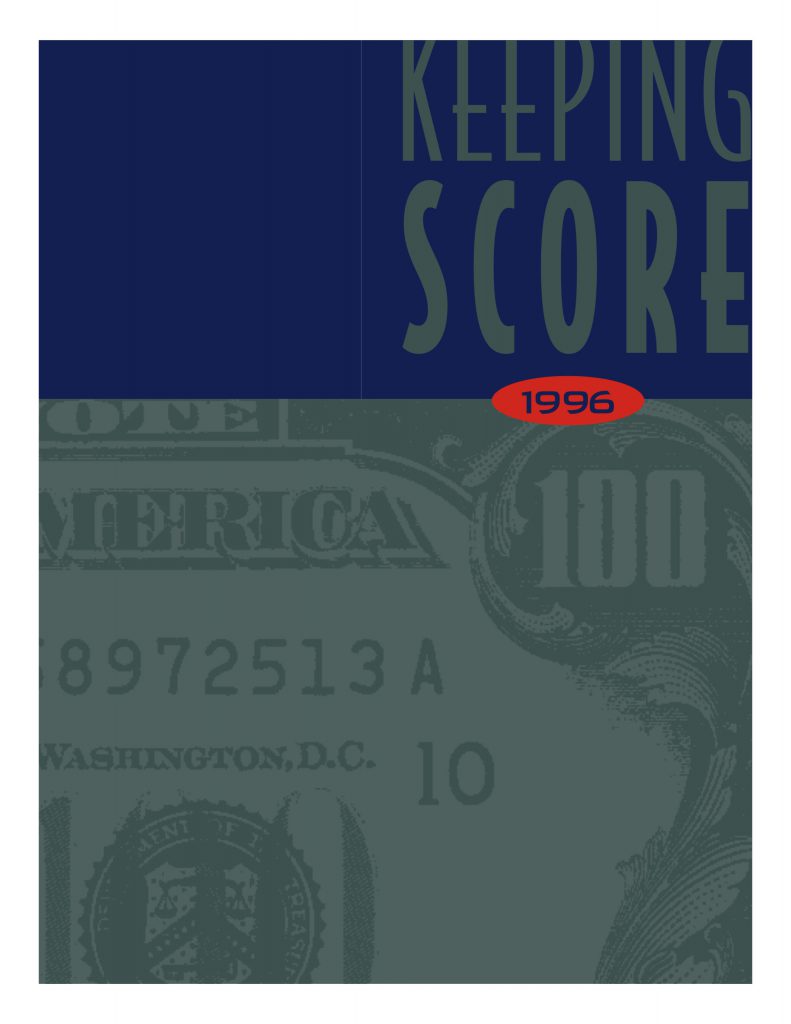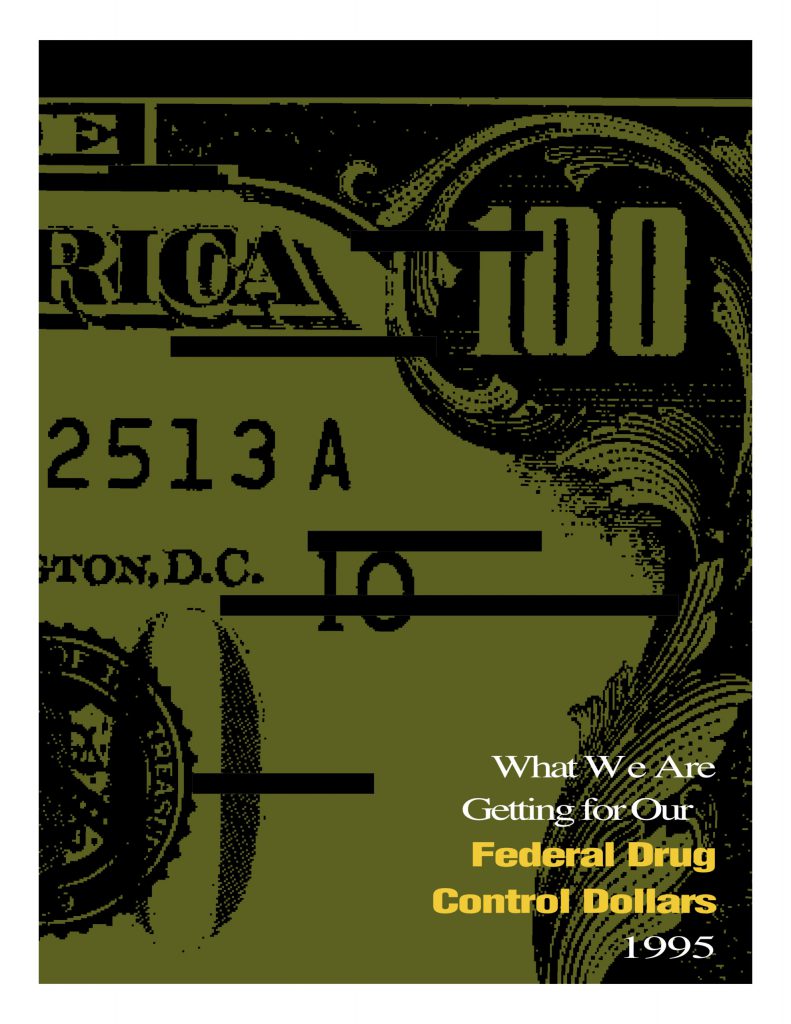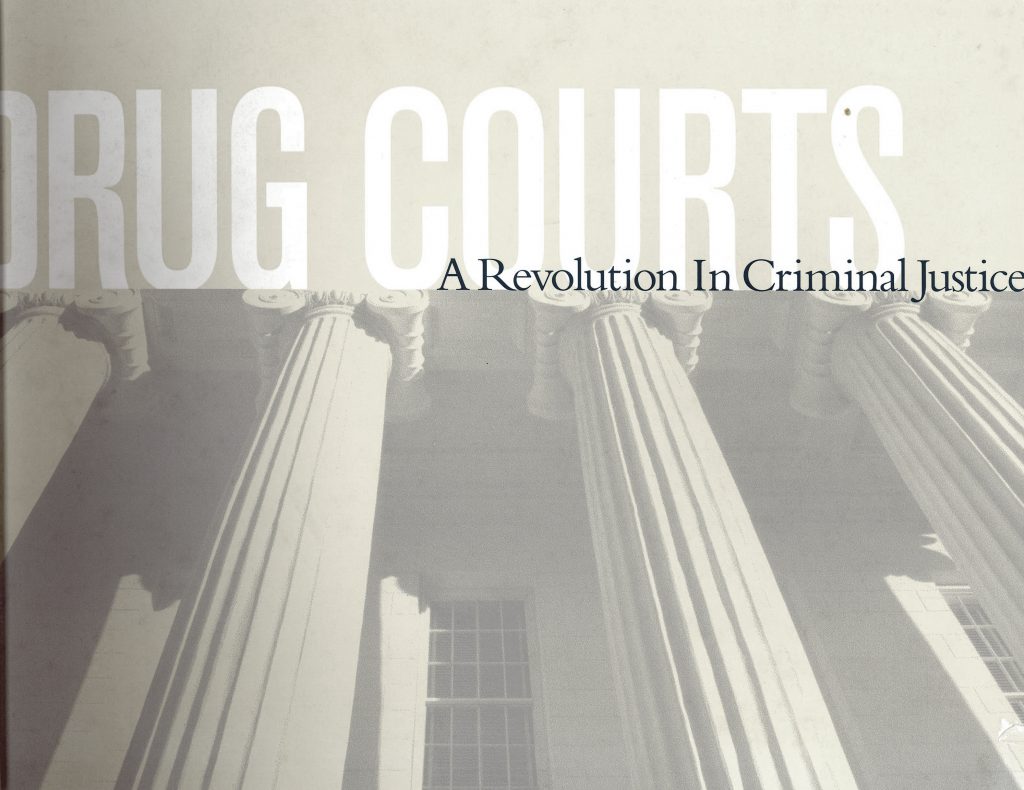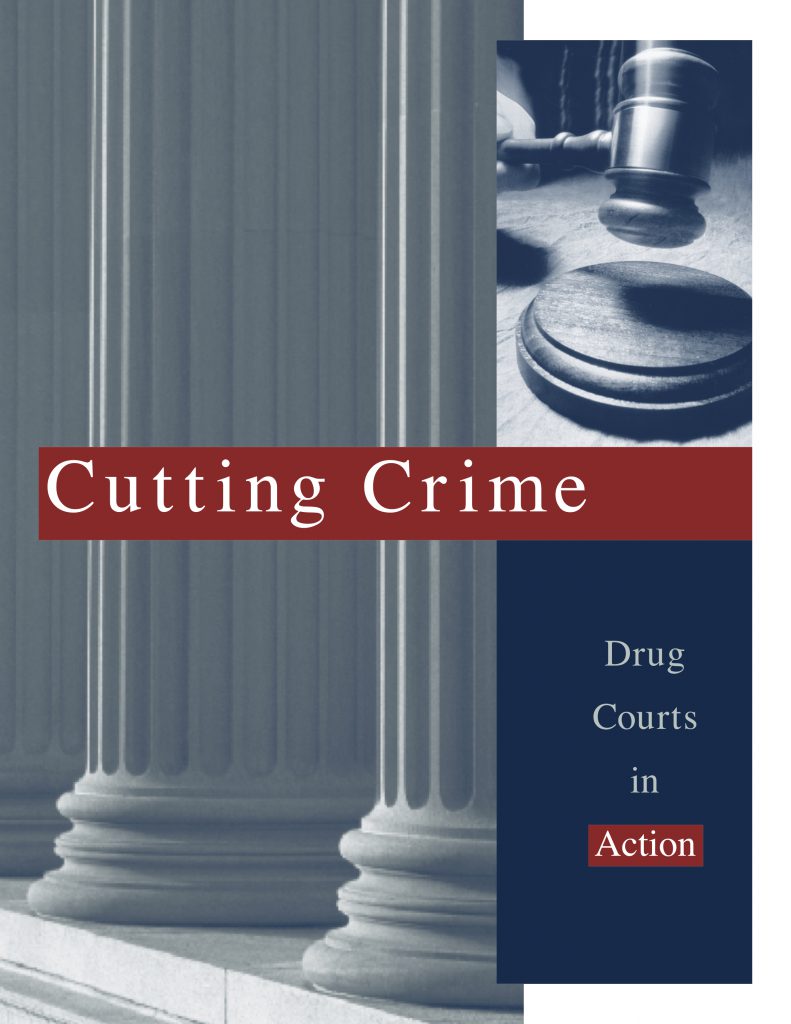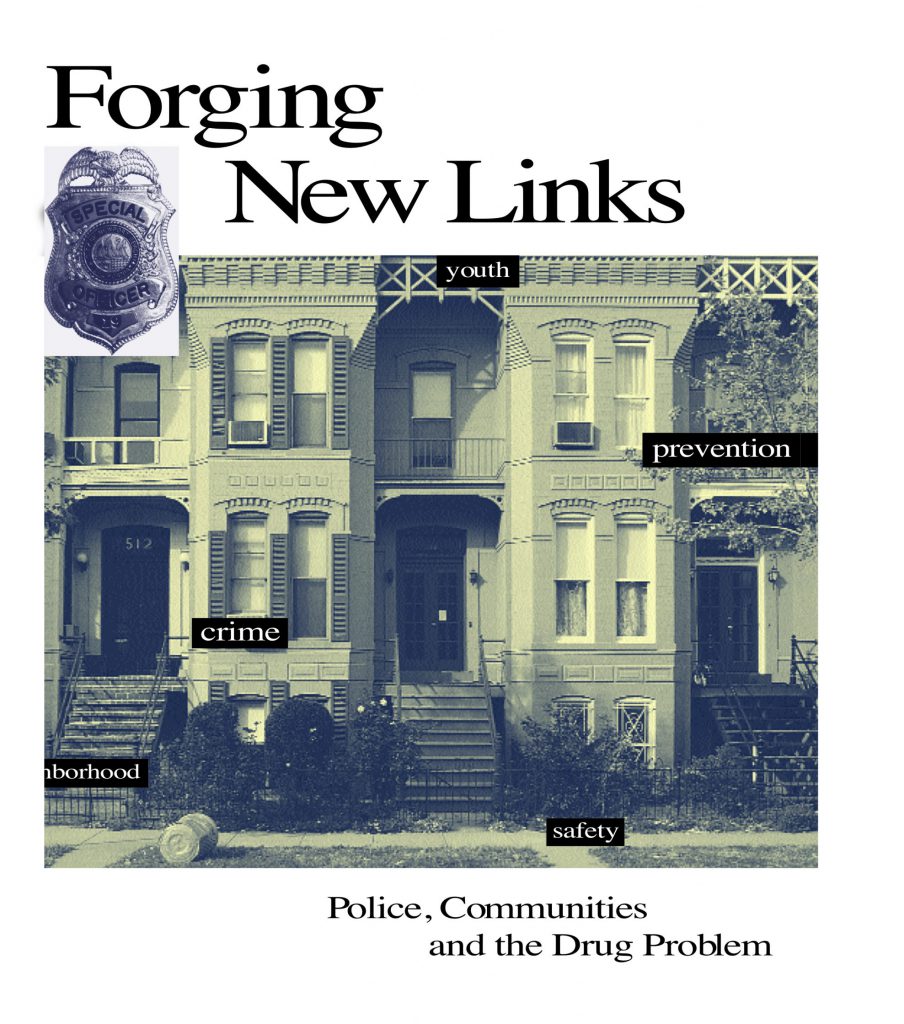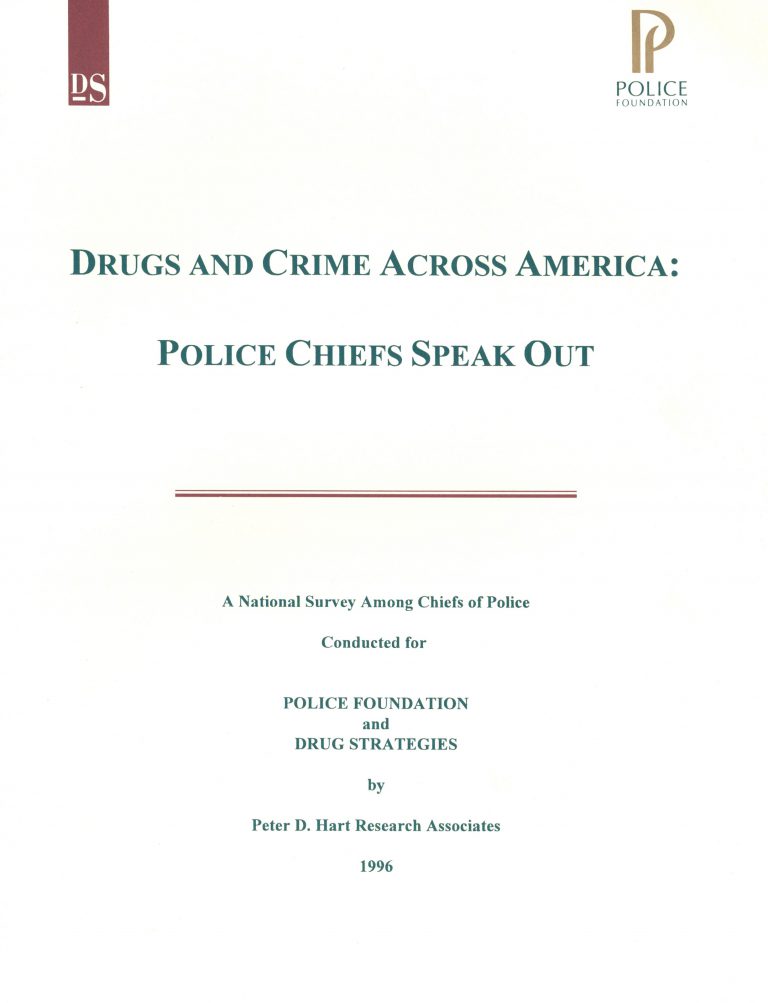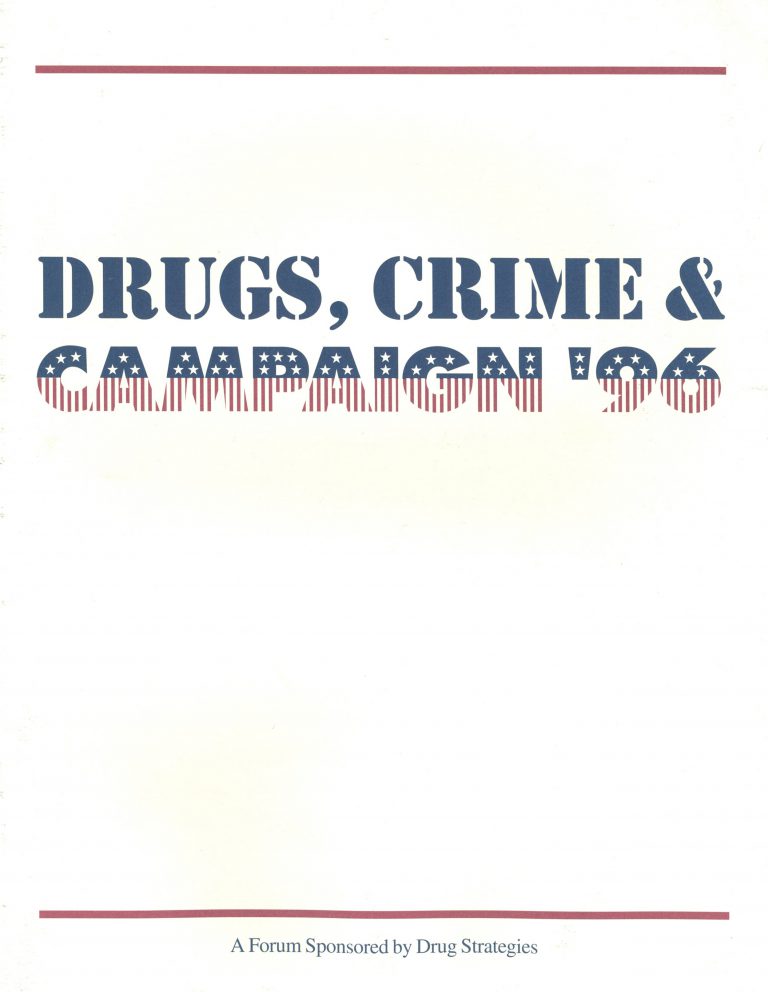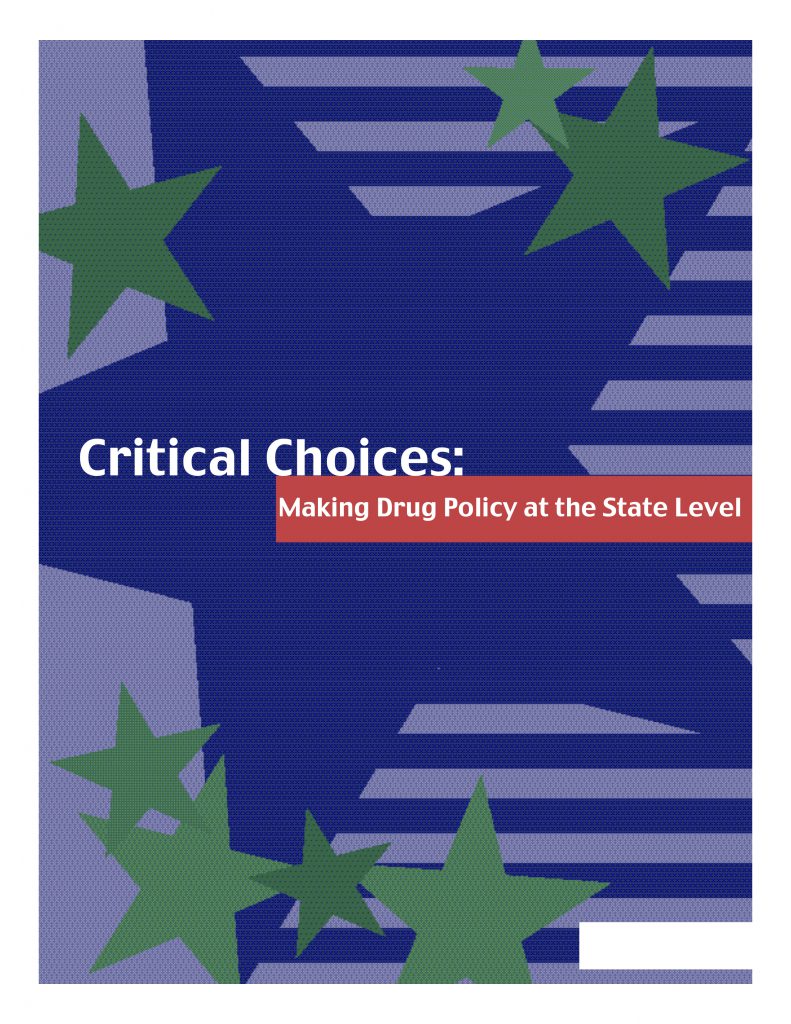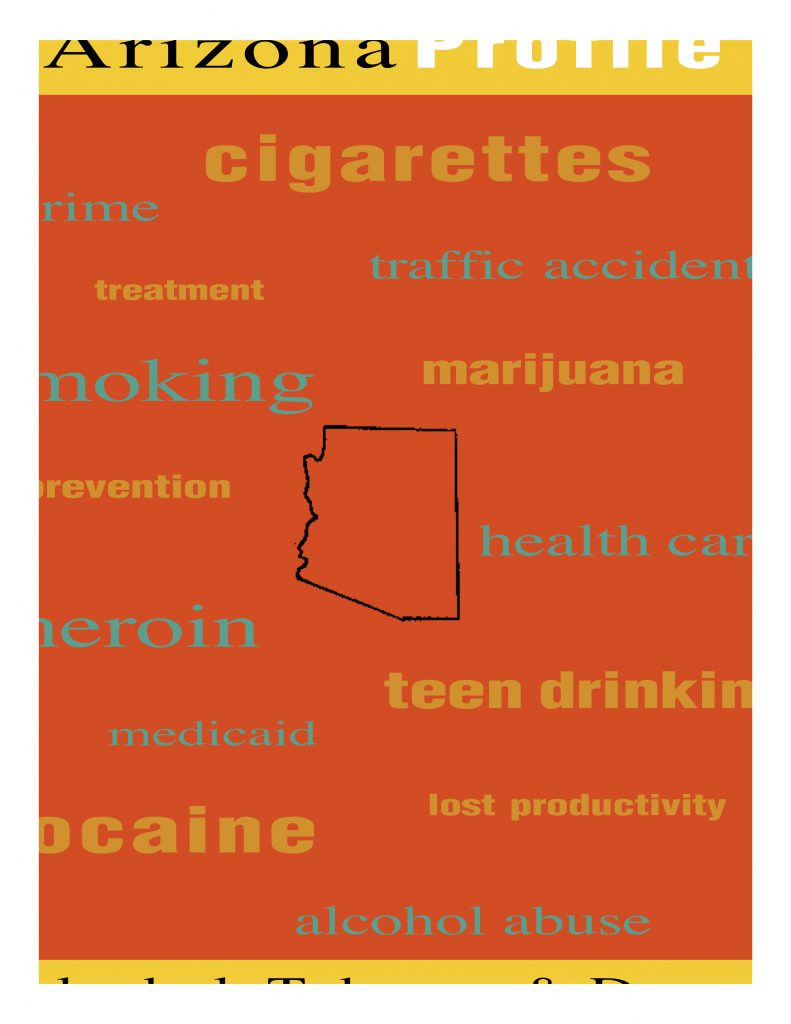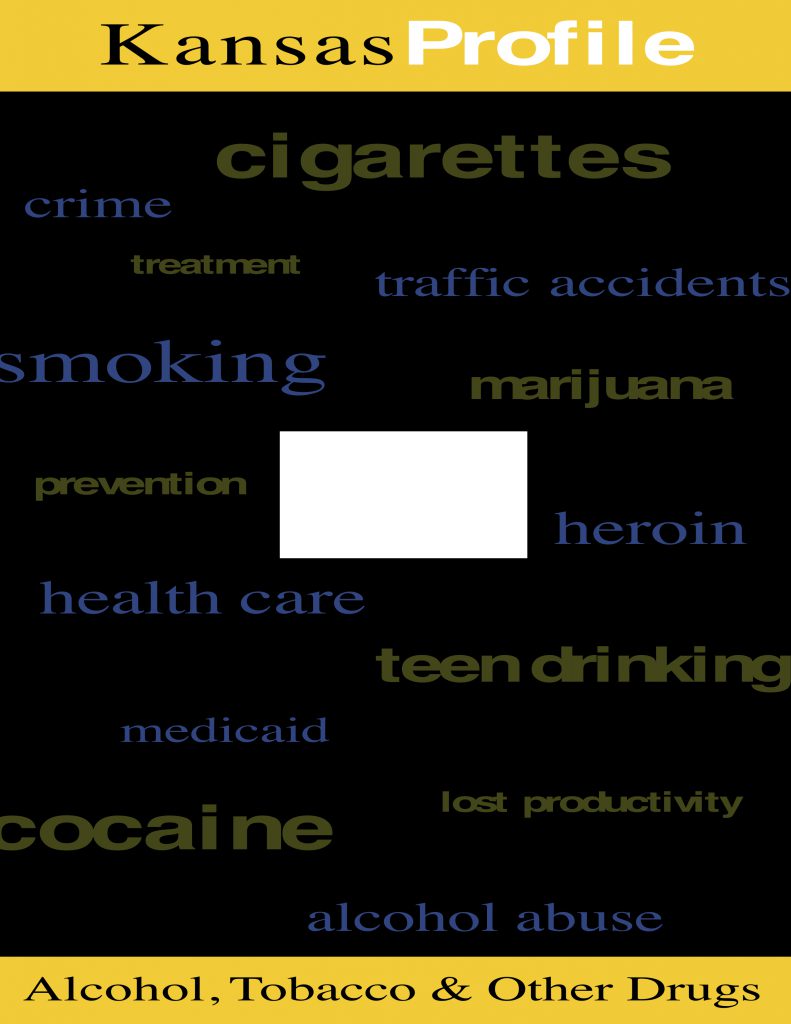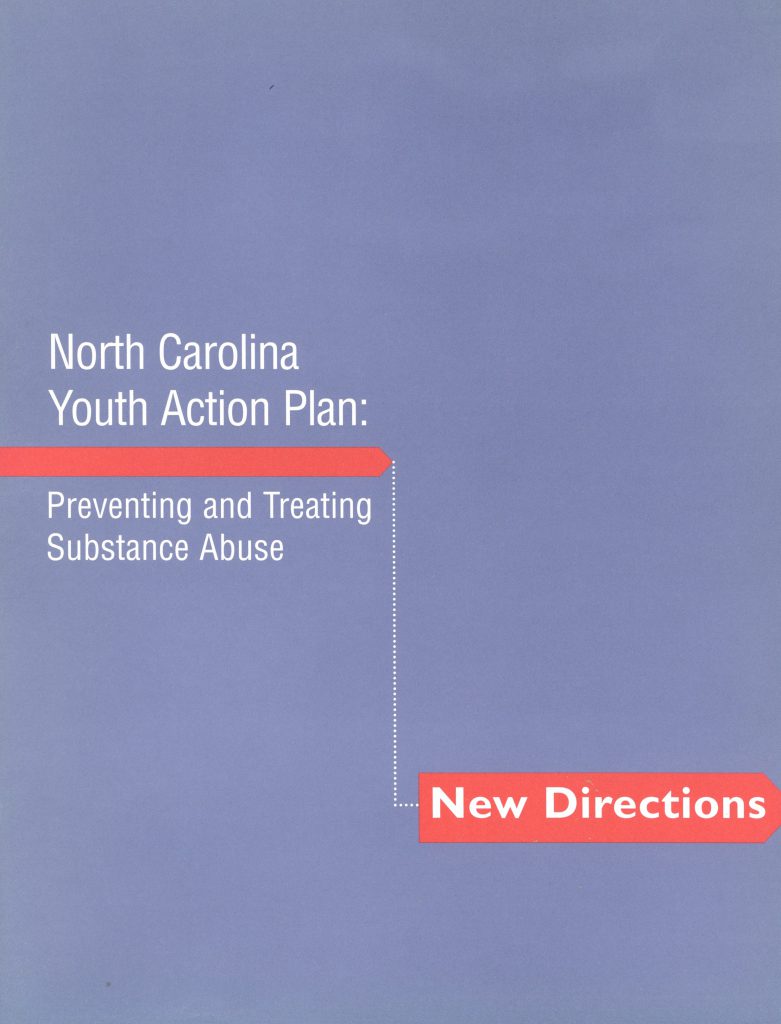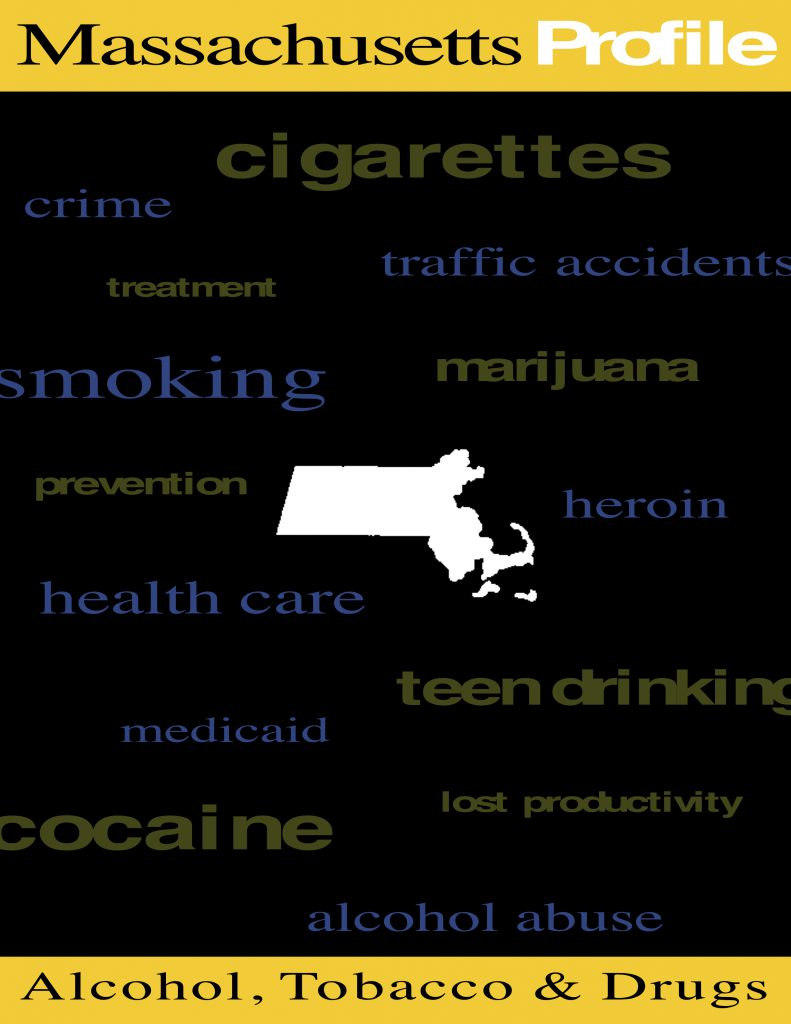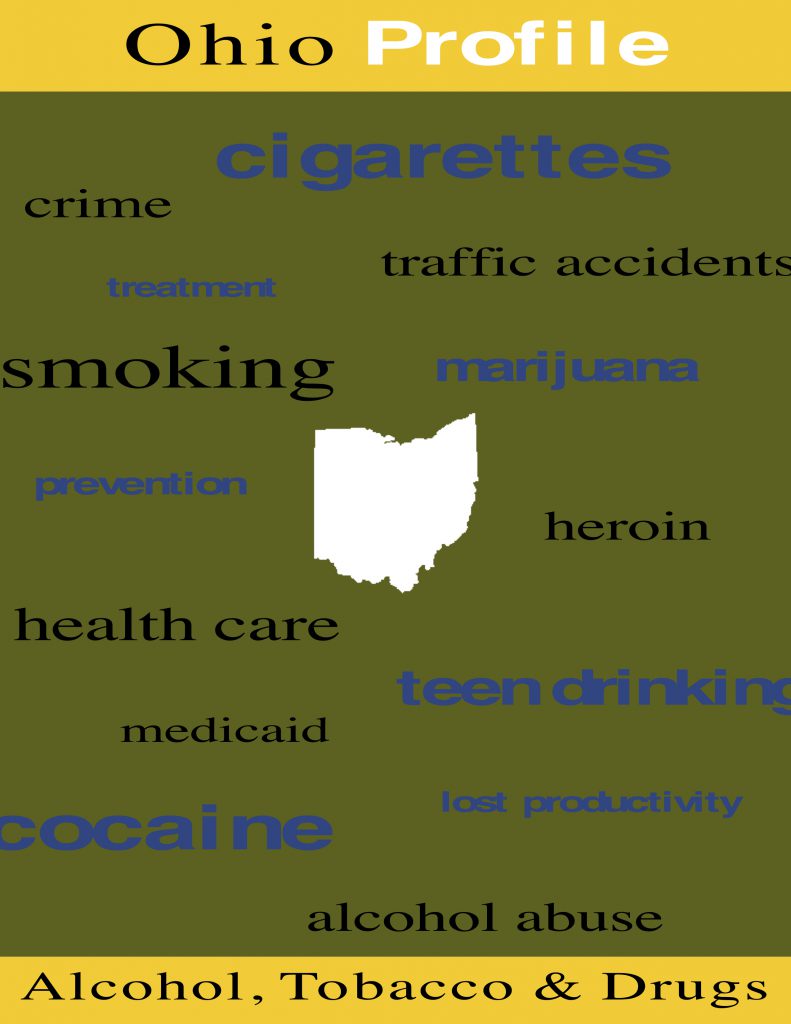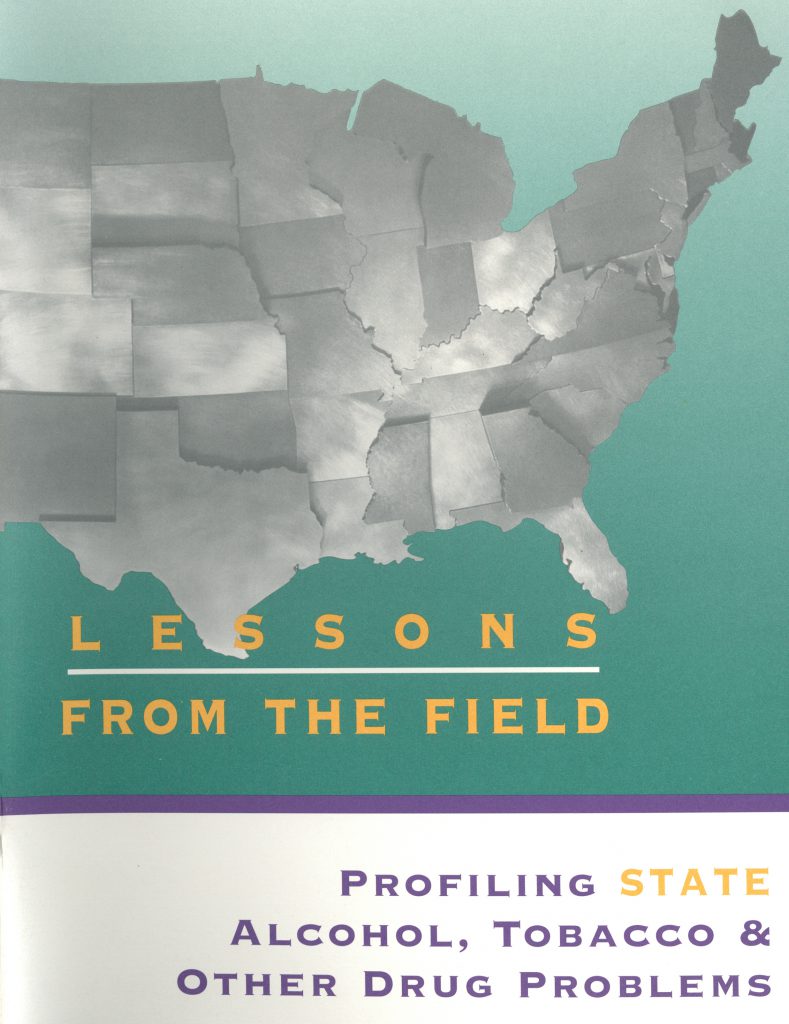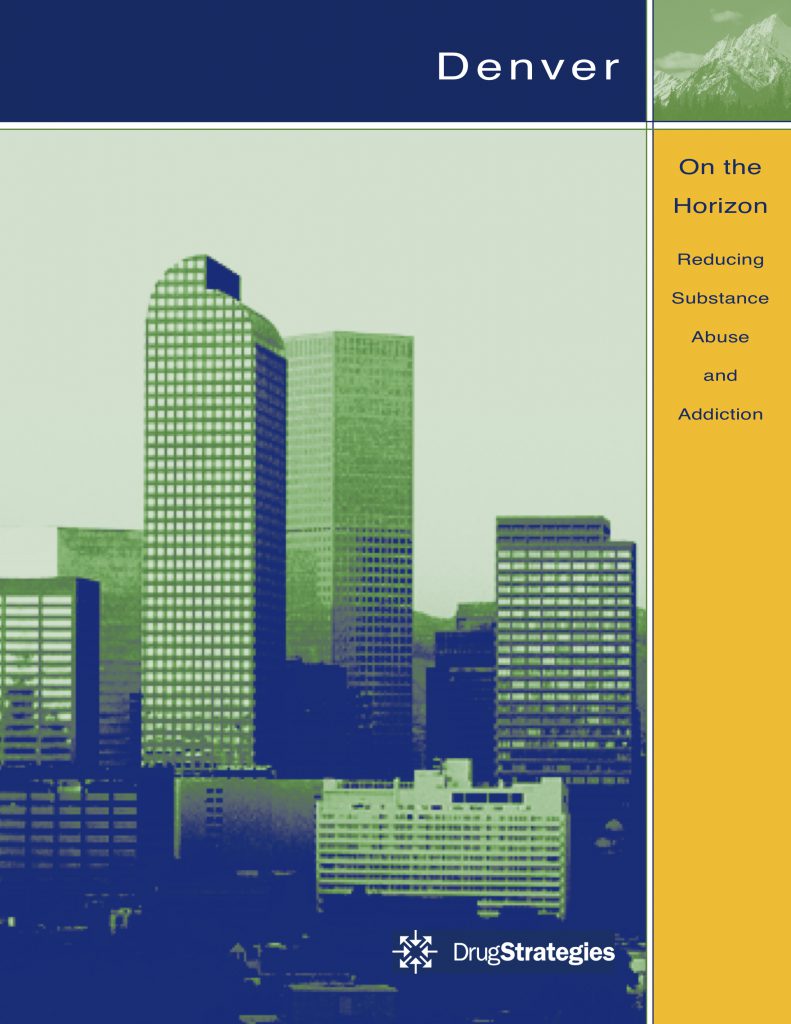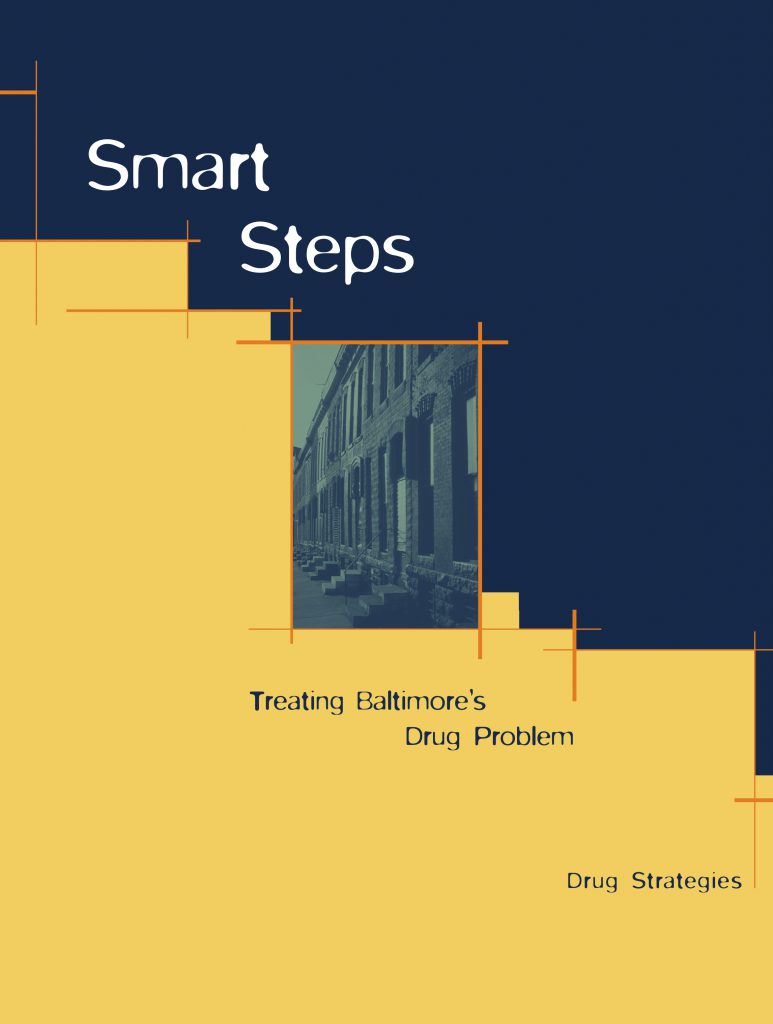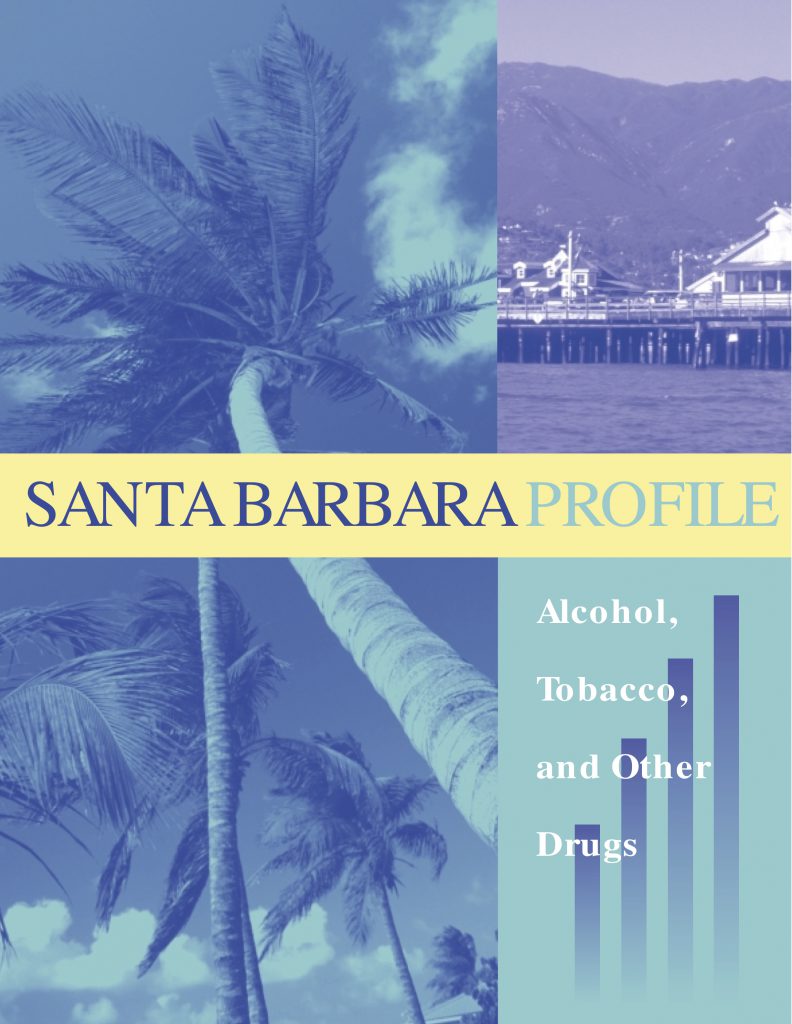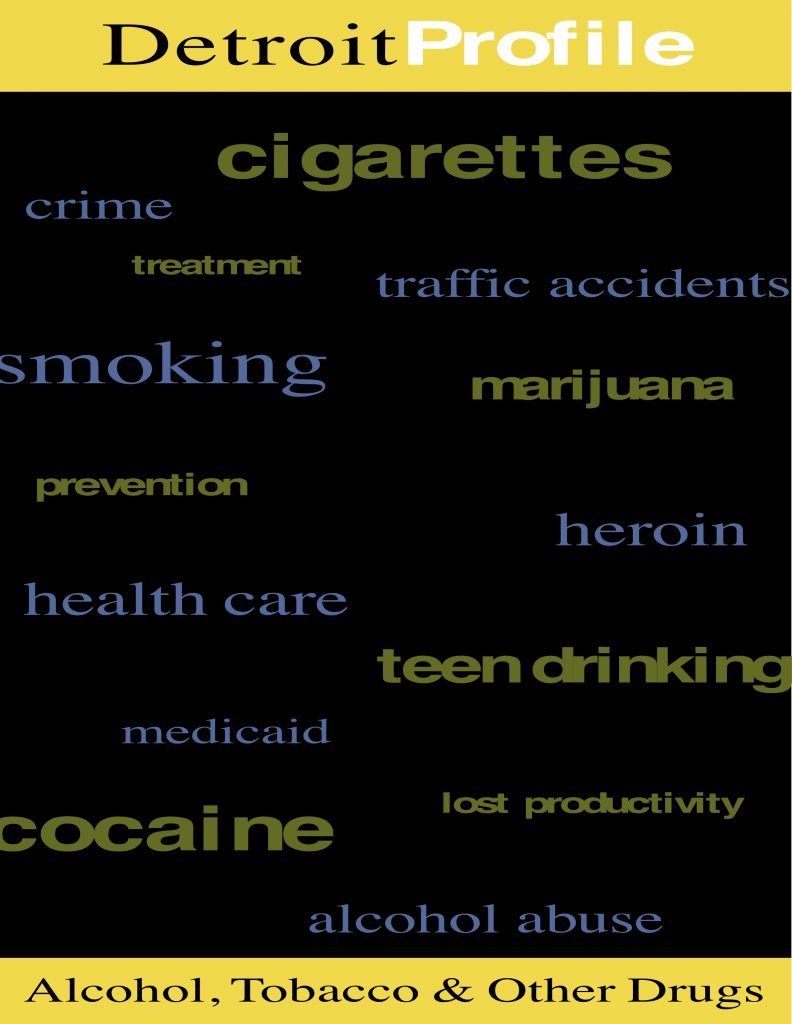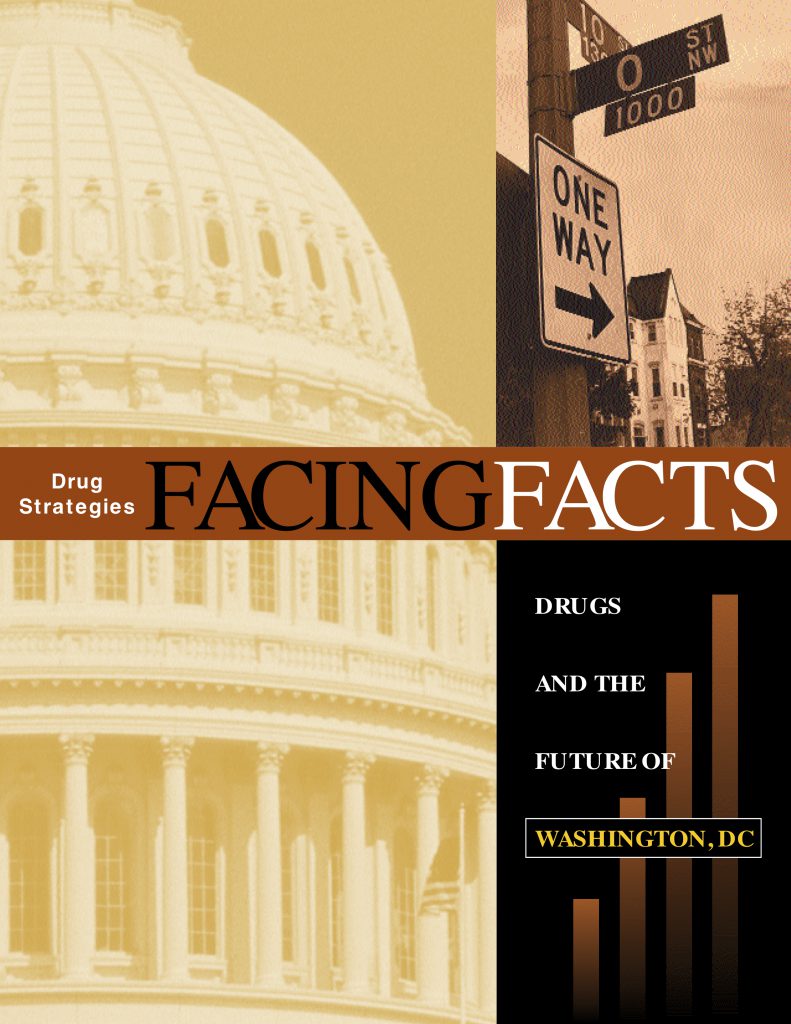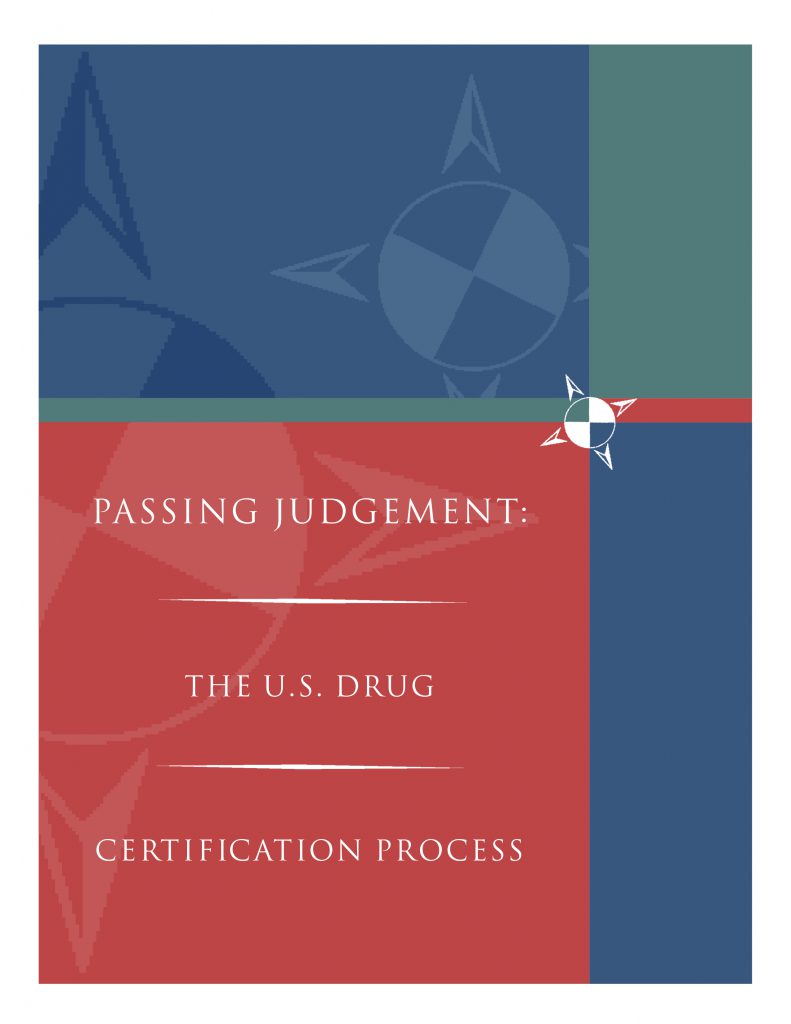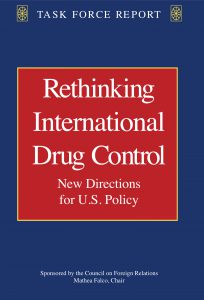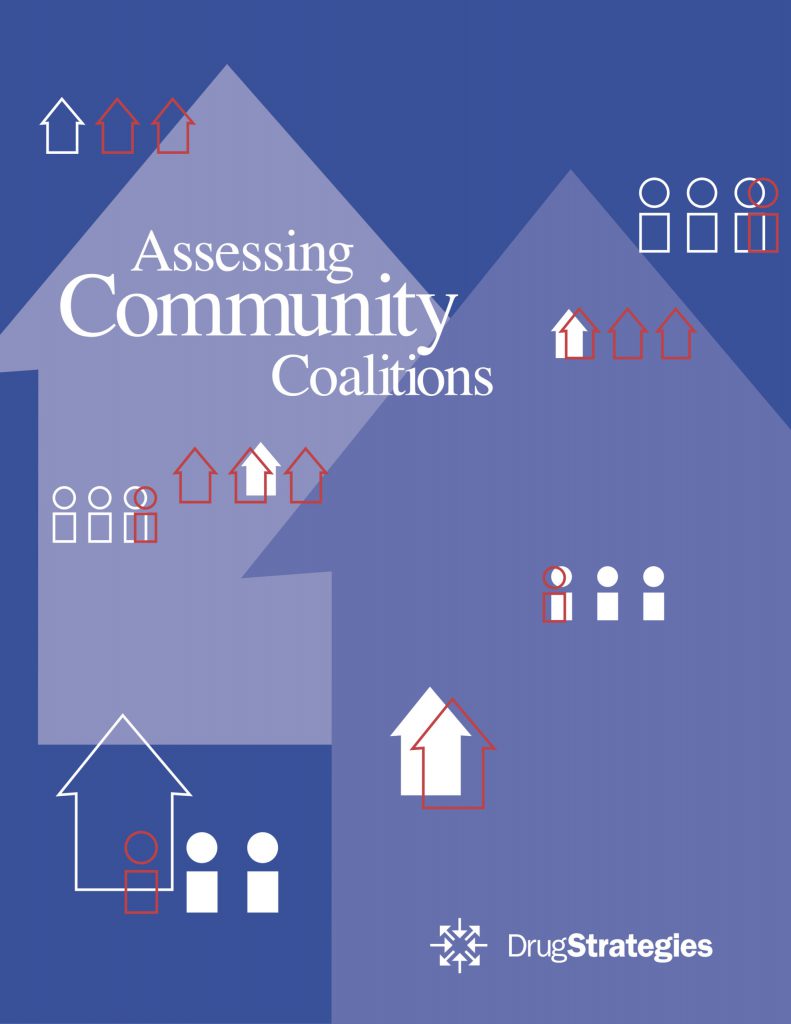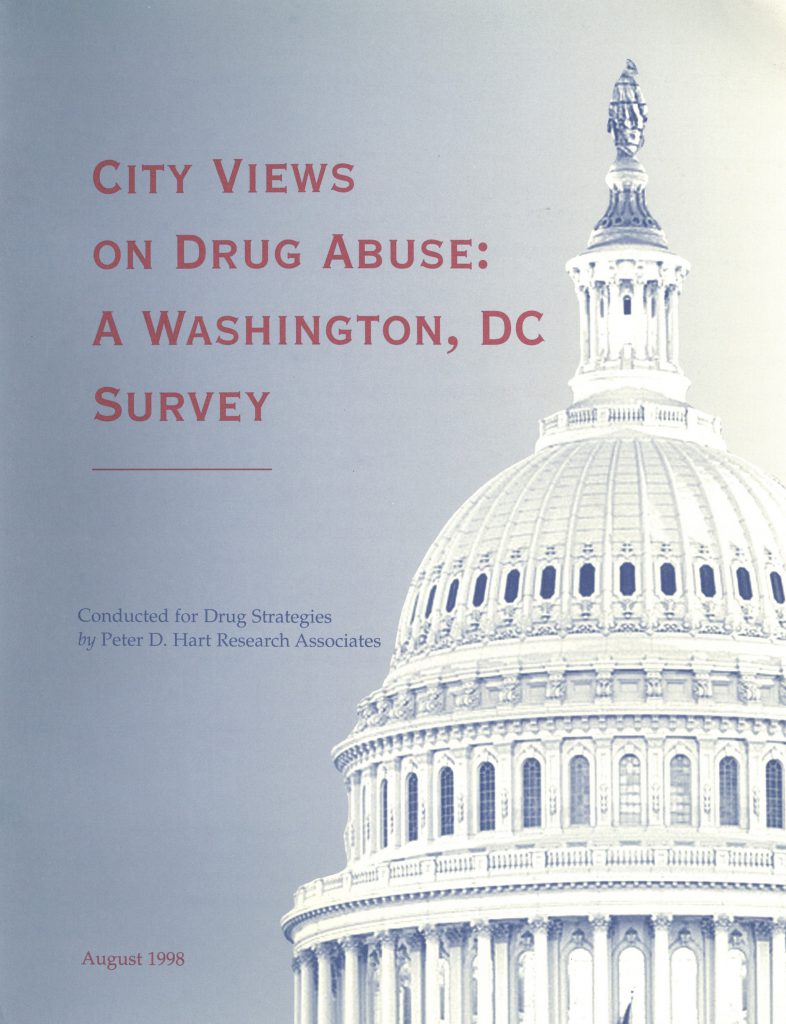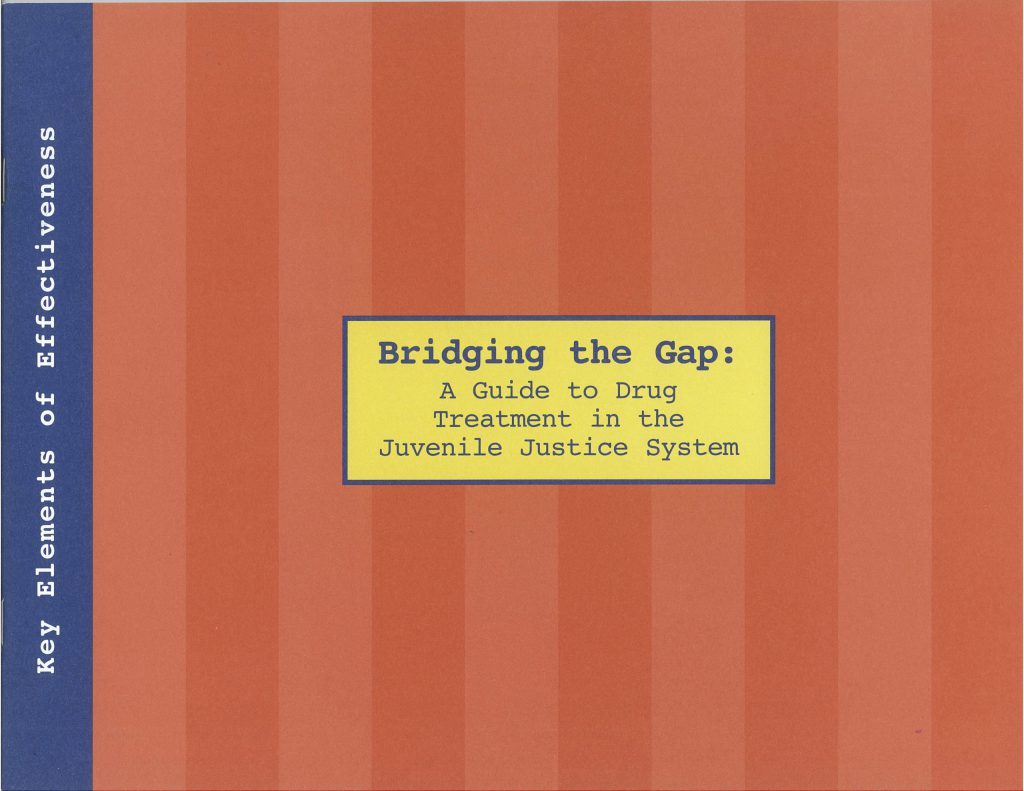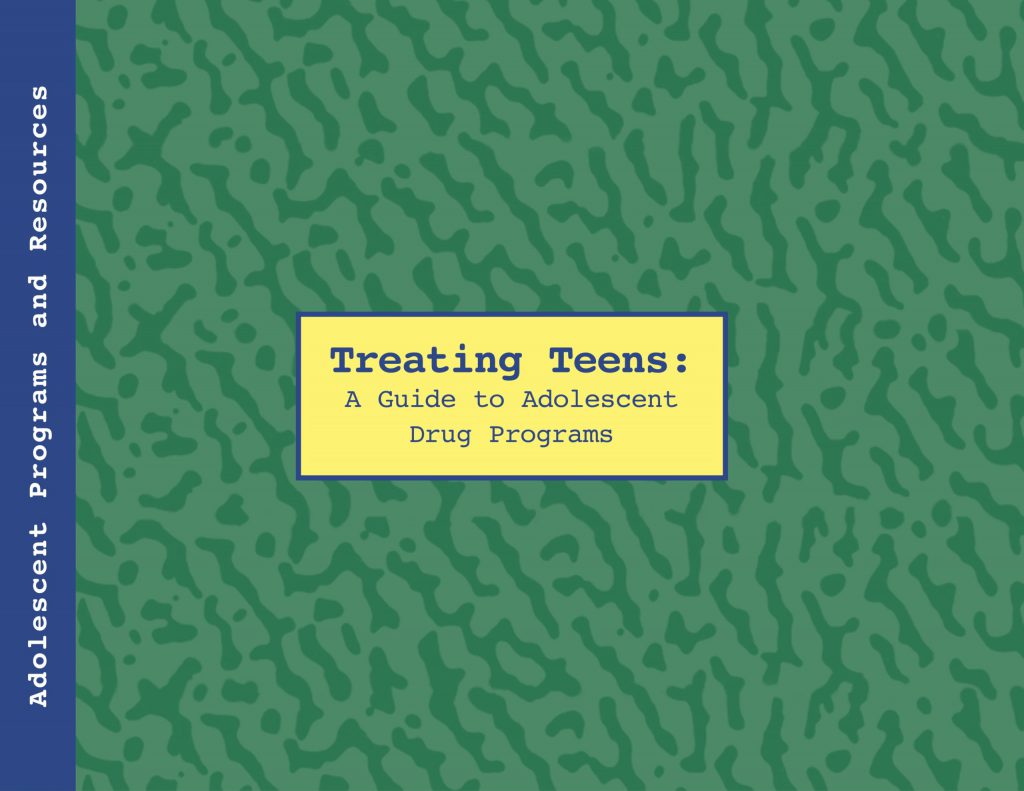Reports
Fentanyl
Drug Policy Report Cards
Criminal Justice
Drugs and Crime:
Questions and Answers for Broadcasters (1995)
State Profiles
City Profiles
International Drug Policy
Community and Workplace
Public Attitudes
Americans Look at the Drug Problem
Peter D. Hart Public Opinion Surveys (2001)
Americans Look at the Drug Problem
Peter D. Hart Public Opinion Surveys (1997)
Americans Look at the Drug Problem
Peter D. Hart Public Opinion Surveys (1994)
Guides
Treating Teens:
A Guide to Adolescent Drug Programs (2003)
Making the Grade:
A Guide to School Drug Prevention Programs (1999)
Safe Schools, Safe Students:
A Guide to Violence Prevention Strategies (1998)
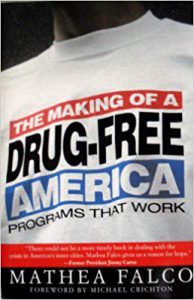
The Making of a Drug‑Free America:
Programs That Work (1992) Random House Publishing
Additional Resources
Treatment Resources

NIDA’s information “Seeking Drug Abuse Treatment: Know What to Ask”
NIDA’s DrugPubs Research Dissemination Center provides booklets, pamphlets, fact sheets, and other informational resources on drugs, drug abuse, and treatment.
NIDA’s National Drug Abuse Treatment Clinical Trials Network provides information for those interested in participating in a clinical trial testing a promising substance abuse intervention; or visit clinicaltrials.gov.

The Partnership at Drugfree.org is an organization that provides information and resources on teen drug use and addiction for parents, to help them prevent and intervene in their children’s drug use or find treatment for a child who needs it. They offer a toll-free helpline for parents (1-855-378-4373).

Self-Help/Support Groups
 Crystal Meth Anonymous (CMA)
Crystal Meth Anonymous (CMA) Pills Anonymous
(PA)
Pills Anonymous
(PA) SMART Recovery: Self-Management And Recovery Training (SMART) is a global community of mutual-support groups. At meetings, participants help one another resolve problems with any addiction (to drugs or alcohol or to activities such as gambling or over-eating). Participants find and develop the power within themselves to change and lead fulfilling and balanced lives guided by our science-based and sensible 4‑Point Program®.
SMART Recovery: Self-Management And Recovery Training (SMART) is a global community of mutual-support groups. At meetings, participants help one another resolve problems with any addiction (to drugs or alcohol or to activities such as gambling or over-eating). Participants find and develop the power within themselves to change and lead fulfilling and balanced lives guided by our science-based and sensible 4‑Point Program®.Suicide
The National Suicide Prevention Lifeline (1-800-273-TALK) offers more than just suicide prevention—it can also help with a host of issues, including drug and alcohol abuse, and can connect individuals with a nearby professional.
Mental Health
The National Alliance on Mental Illness (www.nami.org) and Mental Health America (www.mentalhealthamerica.net) are alliances of nonprofit, self-help support organizations for patients and families dealing with a variety of mental disorders. Both have State and local affiliates throughout the country and may be especially helpful for patients with comorbid conditions.
Advocacy

Shatterproof is a national nonprofit organization dedicated to reversing the addiction crisis in the United States.

Faces & Voices of Recovery founded in 2001, is an advocacy organization for individuals in long-term recovery that strategizes on ways to reach out to the medical, public health, criminal justice, and other communities to promote and celebrate recovery from addiction to alcohol and other drugs.

The American Society of Addiction Medicine is a society of physicians aimed at increasing access to addiction treatment.

